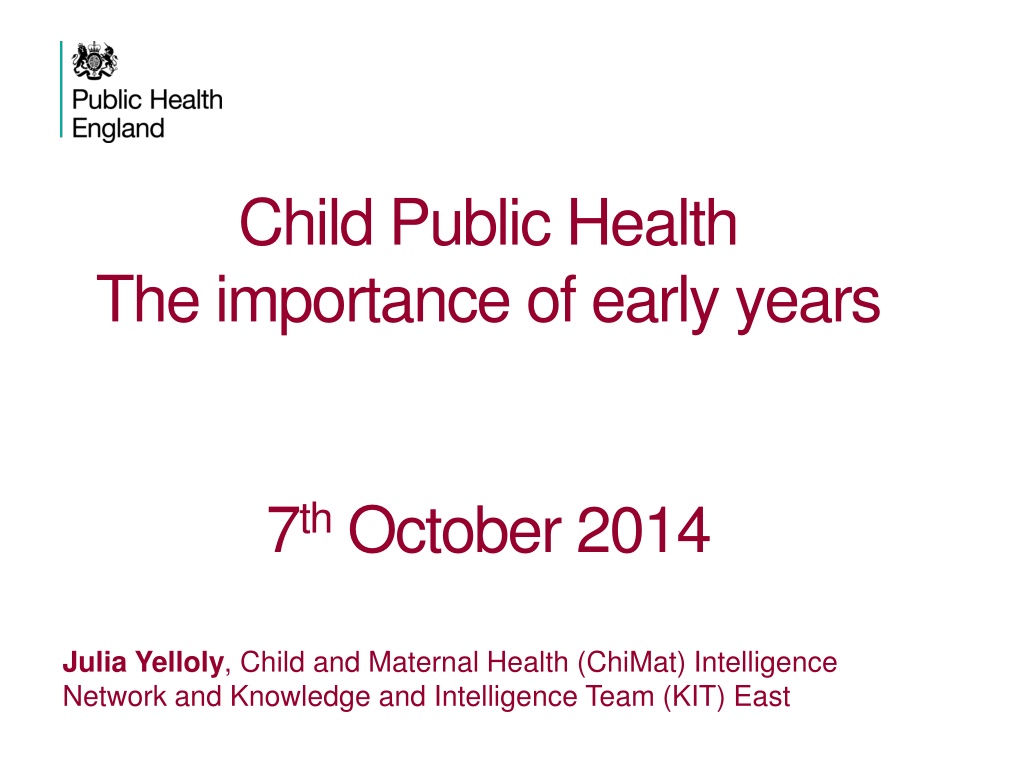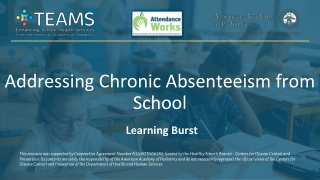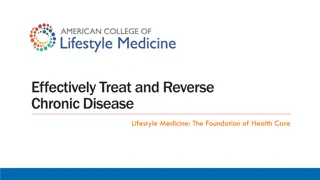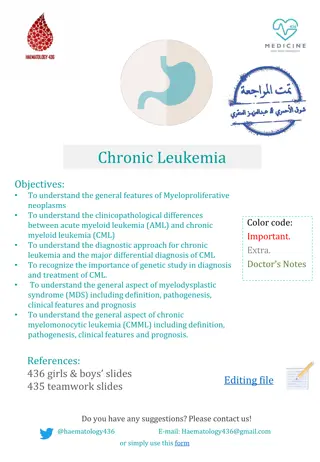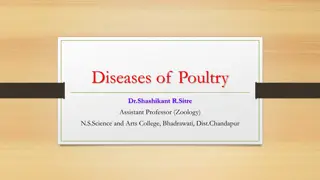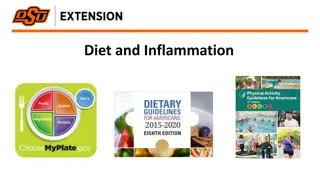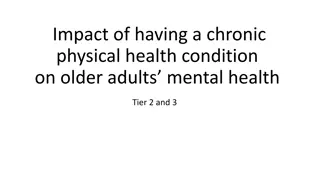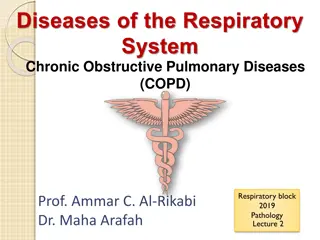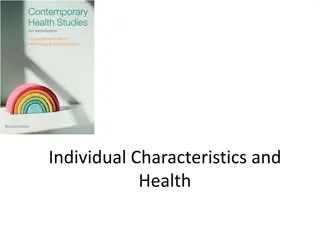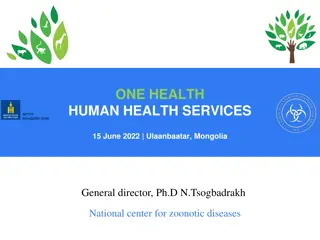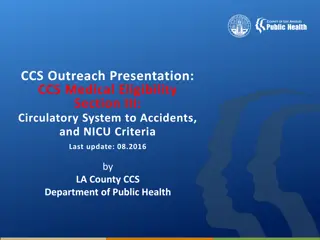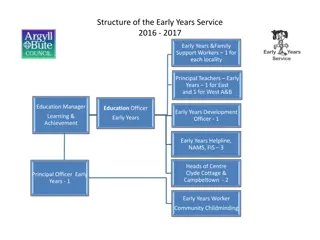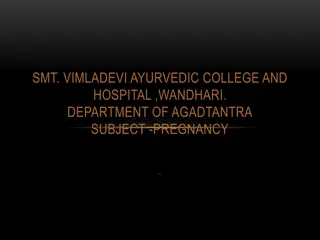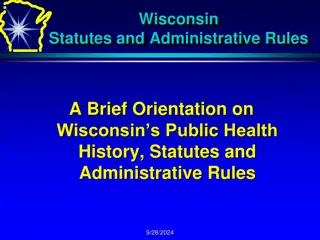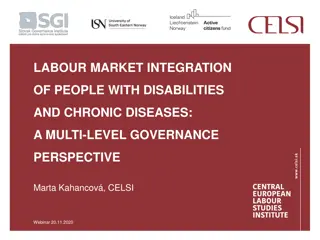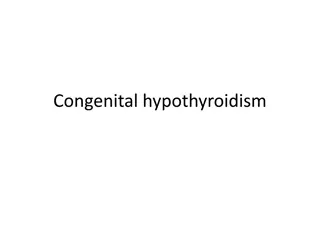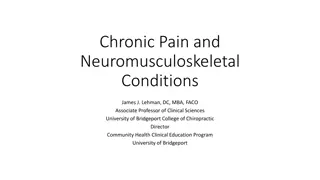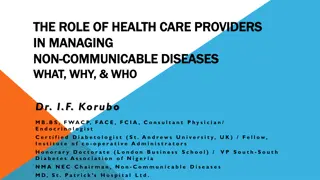The Impact of Early Years on Public Health - Foetal Programming and Chronic Diseases
Foetal programming events during early life can have lasting effects on an individual's health, potentially leading to chronic degenerative diseases later in life. Studies like the Dutch Hunger Winter showcase how prenatal experiences can influence health outcomes, highlighting the critical importance of addressing early years' impact on public health.
Uploaded on Nov 24, 2024 | 0 Views
Download Presentation

Please find below an Image/Link to download the presentation.
The content on the website is provided AS IS for your information and personal use only. It may not be sold, licensed, or shared on other websites without obtaining consent from the author. Download presentation by click this link. If you encounter any issues during the download, it is possible that the publisher has removed the file from their server.
E N D
Presentation Transcript
Child Public Health The importance of early years 7thOctober 2014 Julia Yelloly, Child and Maternal Health (ChiMat) Intelligence Network and Knowledge and Intelligence Team (KIT) East
Contents 1. PHE: who we are and what we do 2. Overview of the evidence, and inequalities 3. Focus on educational attainment and inequalities 4. Options for action 2 Child and Maternal (ChiMat) Health Intelligence Network
Public Health England PHE exists to protect and improve the nation's health and wellbeing, and reduce health inequalities. It does this through advocacy, partnerships, world-class science, knowledge and intelligence, and the delivery of specialist public health services. PHE is an operationally autonomous executive agency of the Department of Health 3 Child and Maternal Health Intelligence Network
Foetal Programming events early in life might be linked to chronic degenerative diseases such as non-insulin dependent diabetes mellitus and cardiovascular disease which do not usually appear until mid-life or later . Prof David Barker Previously know as the Barker Hypothesis . Altered vulnerability to developing disease in later life Events before birth and early life
Some evidence in support of foetal programming: the Dutch Hunger Winter 1944-45 German food blockade plus harsh winter led to widespread famine Food supplies not restored until liberation 5 May 1945 Women who were pregnant during the Hunger Winter suffered under-nutrition 5 Child and Maternal Health Intelligence Network
The Dutch children were followed up as teenagers... Mothers in the late stages of pregnancy during the Hunger Winter had children who were born small and had lower levels of obesity as teenagers. Mothers in the early stages of pregnancy during the Hunger Winter had children who had higher levels of obesity as teenagers. Source: Obesity in young men after famine exposure in utero and early infancy. Ravelli et al . N Eng J Med 295;349-53, 1976. http://www.lorentzcenter.nl/lc/web/2008/319/CD%20LORENTZ%20CENTER%20WORKSHOP/Dutch%20Recruits%20Obesity%20Ravelli%20NEJM %201976.pdf 6 Child and Maternal Health Intelligence Network
http://www.instituteofhealthequity.org/projects/fair-society-healthy-lives-the-marmot-reviewhttp://www.instituteofhealthequity.org/projects/fair-society-healthy-lives-the-marmot-review
8 Child and Maternal Health Intelligence Network http://www.instituteofhealthequity.org/projects/fair-society-healthy-lives-the-marmot-review
http://www.kingsfund.org.uk/sites/files/kf/field/field_publication_file/improving-the-publics-health-kingsfund-dec13.pdfhttp://www.kingsfund.org.uk/sites/files/kf/field/field_publication_file/improving-the-publics-health-kingsfund-dec13.pdf 9 Child and Maternal Health Intelligence Network Child and Maternal (ChiMat) Health Intelligence Network
10 http://www.instituteofhealthequity.org/projects/fair-society-healthy-lives-the-marmot-review Child and Maternal Health Intelligence Network
Child and Maternal (ChiMat) Health Intelligence Network 11http://fingertips.phe.org.uk/profile/cyphof/data
Child and Maternal Health Intelligence Network http://fingertips.phe.org.uk/profile/cyphof/data 12
Difference in achievement between the average and those with FSM status 2012/3 % pupils achieving a good level of development at the end of reception pupils with FSM average 61.2 49.1 50.8 44.9 52.5 49.0 47.8 45.6 46.7 53.0 47.1 status 40.6 28.7 30.9 26.0 34.7 32.9 32.2 31.3 34.4 41.7 39.7 Difference Hertfordshire Central Bedfordshire Cambridgeshire Southend-on-Sea Essex Suffolk Bedford Norfolk Peterborough Thurrock Luton 20.6 20.5 19.8 19.0 17.8 16.1 15.6 14.3 12.4 11.3 7.4 13 Child and Maternal Health Intelligence Network
14 Child and Maternal (ChiMat) Health Intelligence Network http://www.england.nhs.uk/wp-content/uploads/2013/06/nati-hlth-vis-pln.pdf
Options for action locally 16 Child and Maternal Health Intelligence Network Child and Maternal Health Intelligence Network http://www.england.nhs.uk/wp-content/uploads/2014/03/hv-ey-hlth-prof.pdf
http://www.england.nhs.uk/wp- content/uploads/2014/03/hv-ey-hlth- 17 prof.pdf Child and Maternal Health Intelligence Network Child and Maternal Health Intelligence Network
18 http://www.england.nhs.uk/wp-content/uploads/2014/03/hv-ey-hlth-prof.pdf Child and Maternal (ChiMat) Health Intelligence Network
Summary 1. Evidence of the importance of early years 2. Evidence of inequalities in outcomes 3. Evidence based options for action You collect some of this data, you can use it for: - for targeting resources where most needed - business cases - to show where improvements are being made To help improve outcomes for mothers, infants and children -> society Maternity and children s dataset, from CHIS data, due 2015 http://www.hscic.gov.uk/maternityandchildren 19 Child and Maternal Health Intelligence Network
Child Health Profiles in CYPs health benchmarking tool datagateway.phe.org.uk -> Child and maternal health Children and young people s health Benchmarking tool or Early Years Profile Then select 20 Child and Maternal (ChiMat) Health Intelligence Network
Visit the PHE stand for demonstrations and come to our workshop Thank you On the web: www.chimat.org.uk datagateway.phe.org.uk www.erpho.org.uk > child health -> recent By email: Julia.yelloly@phe.gov.uk On twitter: @PHE_Children @PHE_UK @PHE_obesity 21 Child and Maternal Health Intelligence Network
